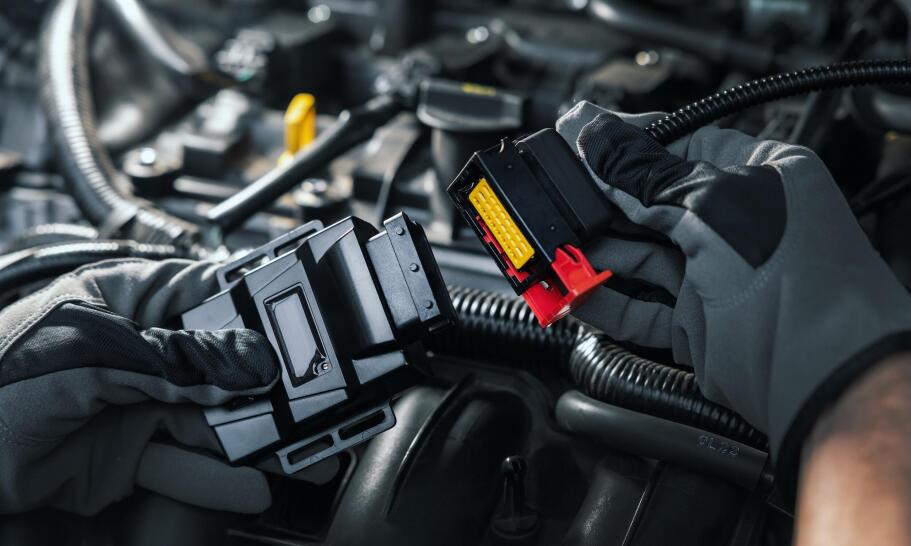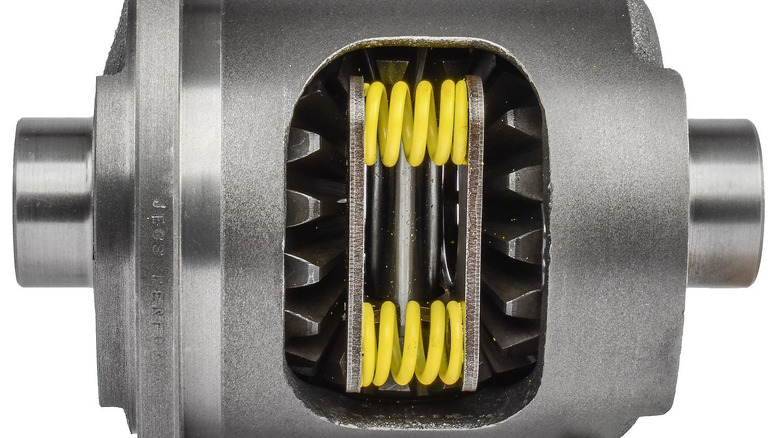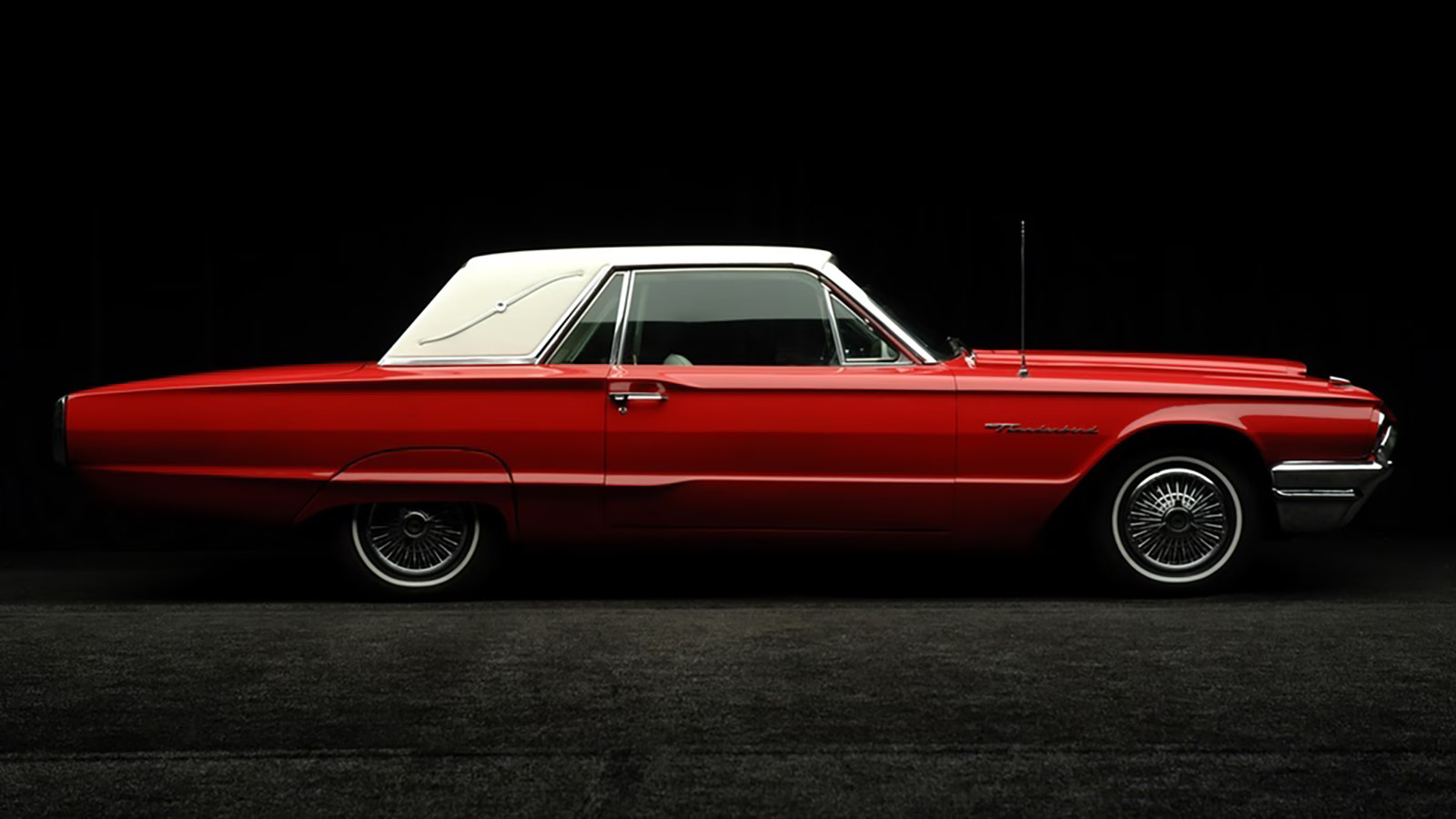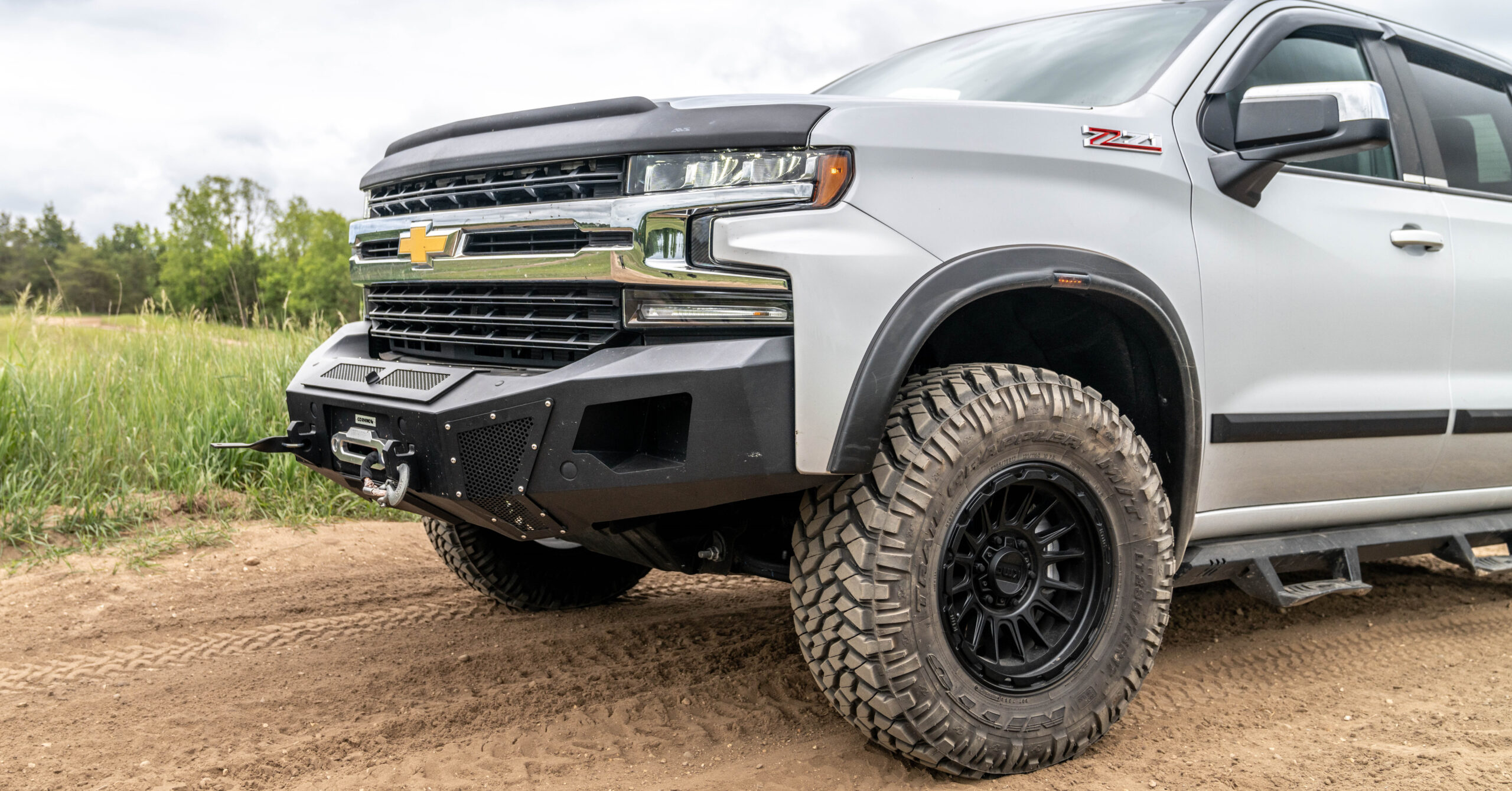Picture your car is a finely tuned instrument, but the manufacturer has muted its true symphony. Chiptuning is like removing the sound dampeners, allowing your engine to sing. This transformative process has gained popularity among car enthusiasts and everyday drivers alike, promising an enticing mix of improved performance and efficiency. But what exactly is chiptuning, and how does it work?
Chiptuning involves modifying a vehicle’s Engine Control Unit (ECU) software to optimize engine performance. By fine-tuning key parameters, chiptuning unlocks the full potential of your engine, enhancing power, torque, and sometimes even fuel efficiency. However, while the benefits are enticing, it’s essential to understand the process, weigh the risks, and ensure you choose a reputable tuner.
In this article, we’ll delve into the details of chiptuning, starting with a look at the ECU itself.
Understanding the ECU
What is an ECU?
The Engine Control Unit (ECU) is the brain of your car’s engine. This compact but powerful computer manages a host of critical functions, from fuel injection and ignition timing to emissions control and turbocharging. By constantly analyzing data from various sensors, the ECU ensures that your engine operates efficiently, reliably, and within regulatory limits.
Manufacturers design ECU software with a balanced approach to performance, emissions, and fuel economy. These stock settings often prioritize reliability and compliance with stringent emissions standards, which means they leave a significant amount of untapped performance on the table.
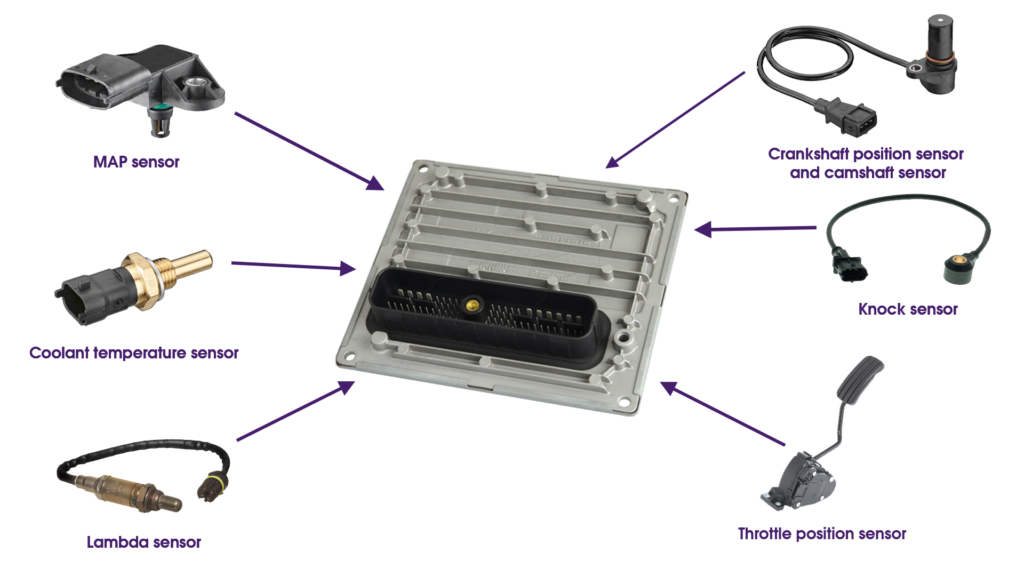
Stock vs. Tuned ECU
Stock ECU settings are conservative by nature. Automakers calibrate these parameters to accommodate a wide range of driving conditions, fuel qualities, and maintenance practices, ensuring that the vehicle performs adequately in various environments.
Chiptuning, on the other hand, allows for a more aggressive approach. By optimizing parameters like ignition timing, fuel delivery, and turbo boost pressure, tuners can tailor the ECU to match specific driving styles or high-octane fuel. The result is a vehicle that accelerates quicker, responds more sharply, and, in some cases, uses fuel more efficiently.
The Chiptuning Process
Data Logging
Before any modifications are made, the tuner begins with data logging—capturing real-time engine performance metrics. This includes crucial parameters like air/fuel ratios, boost pressure, and knock sensor readings. This step is vital for identifying areas where the engine’s performance can be safely and effectively enhanced.
ECU Reading and Modification
Once the tuner has a clear understanding of the engine’s current behavior, the next step is to read the existing ECU software using specialized equipment. This involves extracting the factory program, which contains all the engine’s operational data and control maps.
The tuner then adjusts these maps to refine the engine’s behavior. For instance:
- Ignition Timing: Advancing the timing to maximize combustion efficiency.
- Fuel Maps: Optimizing the air-fuel mixture for better power and efficiency.
- Boost Pressure: Enhancing turbocharger output for increased power.
- Rev Limits: Adjusting maximum engine speed for performance gains.
ECU Writing and Testing
After modifying the software, the updated program is written back to the ECU. But the process doesn’t end there. Extensive road testing is crucial to verify that the changes deliver the desired improvements without compromising safety or reliability.
Testing ensures that the tuned ECU maintains proper engine operation under various conditions, such as heavy acceleration, cruising, and idling. The tuner may make additional adjustments during this phase to achieve optimal performance and drivability.
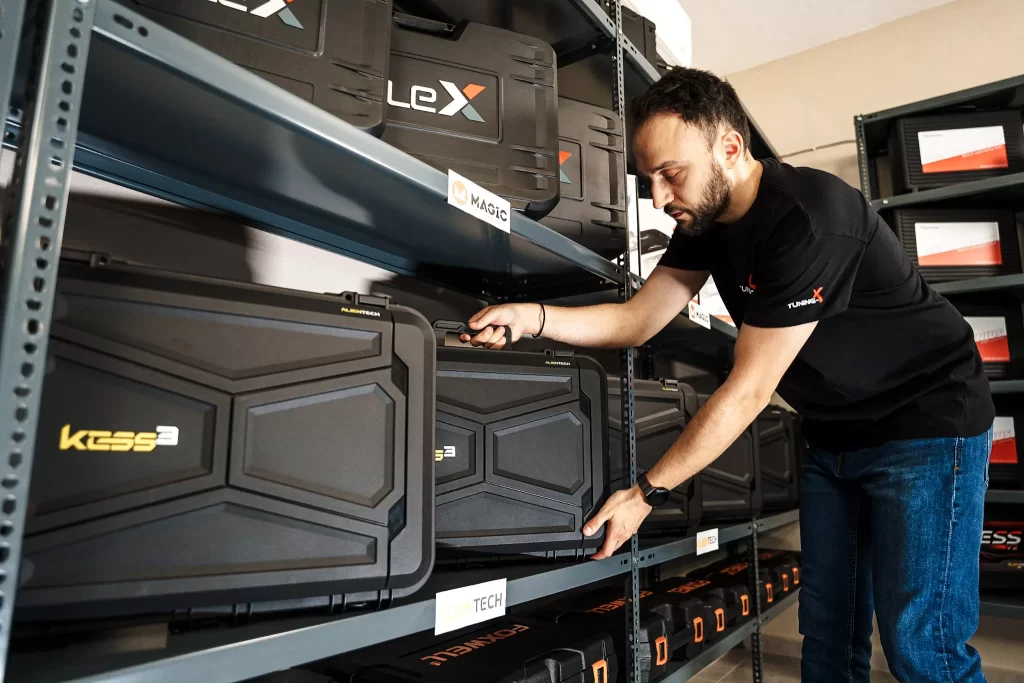
Benefits of Chiptuning
Increased Power and Torque
One of the most compelling reasons drivers turn to chiptuning is the promise of increased horsepower and torque. By optimizing the engine’s parameters, tuners unlock its full potential, resulting in quicker acceleration, better pulling power, and overall enhanced performance. For those who regularly tow heavy loads or simply enjoy spirited driving, the difference can be transformative, turning a modest car into a dynamic machine.
Improved Fuel Efficiency
Surprisingly, chiptuning doesn’t only cater to speed enthusiasts; it can also appeal to the fuel-conscious. By refining fuel maps to achieve a more efficient air-fuel mixture, chiptuning can enhance fuel combustion. This translates to better fuel economy, particularly during steady-state driving conditions such as highway cruising. While performance gains often take center stage, improved efficiency is a welcome side effect for many.
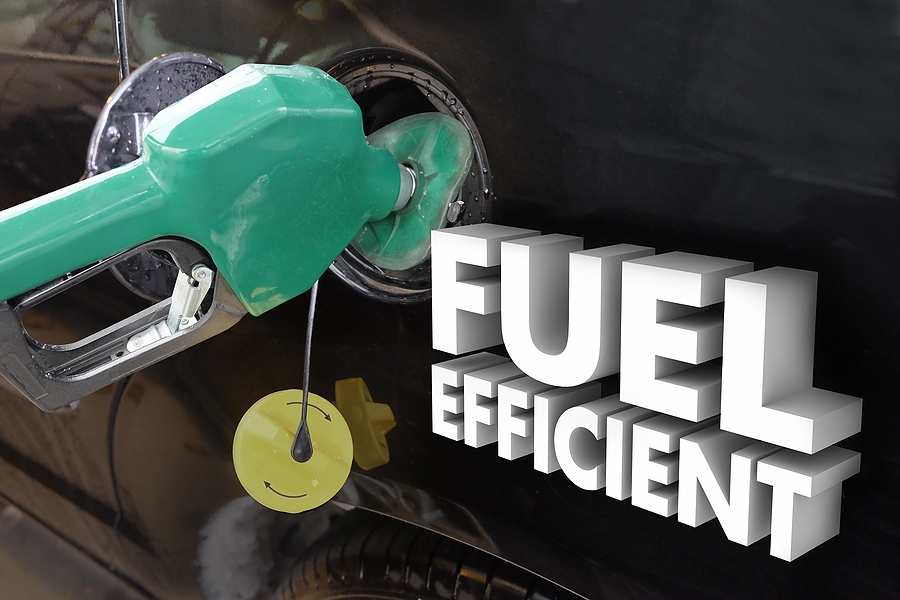
Enhanced Throttle Response
Stock ECUs are often programmed with a delay in throttle response to prioritize smoothness and economy. Chiptuning eliminates this lag, providing a sharper, more immediate connection between the driver’s input and the engine’s output. This heightened responsiveness makes the car feel more engaging and precise, especially in situations that demand quick acceleration or agile maneuvers.
Smoother Idle and Reduced Lag (for Turbocharged Engines)
For drivers of turbocharged vehicles, chiptuning can significantly enhance the driving experience by minimizing turbo lag. By adjusting boost pressure and fine-tuning other parameters, tuners can deliver power more seamlessly, making acceleration smoother and more predictable. Additionally, optimized idle settings result in a quieter, more stable engine when stationary, contributing to a refined overall feel.
Potential Risks and Considerations
Engine Damage
While chiptuning offers many benefits, it’s not without risks. Improper or overly aggressive tuning can stress the engine beyond its safe limits, leading to issues like detonation (knocking), overheating, or even catastrophic mechanical failure. These risks underscore the importance of working with a skilled tuner who understands the intricacies of engine performance and reliability.
Emissions Compliance
Aggressive tuning often prioritizes performance over emissions control, which can lead to non-compliance with emissions standards. In regions with strict regulations, this could result in failed emissions tests and potential legal consequences. It’s important to balance performance gains with environmental responsibility, particularly in jurisdictions where compliance is mandatory.

Warranty Issues
Chiptuning can void a vehicle’s manufacturer warranty, as it involves modifying factory settings. Any subsequent engine or drivetrain issues could fall outside warranty coverage, leaving owners to shoulder repair costs. Before proceeding, it’s essential to weigh the potential benefits against the loss of warranty protection.
Cost
The cost of chiptuning varies widely depending on factors such as the complexity of the tuning process, the vehicle’s make and model, and the tuner’s expertise. While high-quality tuning services can be a worthwhile investment, budget-conscious drivers should be cautious of cut-rate options, as improperly done chiptuning can lead to expensive repairs in the long run.
Choosing a Reputable Tuner
- Research and Recommendations: The first step in ensuring a successful chiptuning experience is finding a reputable tuner. Start by researching online reviews and testimonials to gauge the quality of a tuner’s work. Enthusiast forums, car clubs, and social media groups are excellent places to seek recommendations from other drivers who have undergone the tuning process. Word-of-mouth referrals often lead to trustworthy professionals with proven track records.
- Experience and Expertise: Not all tuners are created equal, and the complexity of chiptuning demands a high level of skill and specialization. It’s crucial to select a tuner with experience in working with your specific vehicle make and model. Different cars have unique ECUs, and a tuner familiar with your engine’s intricacies is more likely to deliver optimal results while minimizing risk. Verify their credentials, ask for examples of past work, and confirm they use reliable, up-to-date equipment.
- Communication and Transparency: A good tuner values clear communication and transparency. Look for someone willing to explain the tuning process in detail, including the modifications they plan to make and the potential benefits and risks involved. A transparent tuner will also discuss any limitations, such as the possibility of voiding your warranty or changes in emissions compliance. Open dialogue ensures you understand exactly what is being done to your vehicle and sets realistic expectations.
- Customer Service: The tuning process doesn’t end when the ECU is reprogrammed. Choose a tuner who offers ongoing support, such as follow-up adjustments and troubleshooting if needed. High-quality customer service also means being approachable and responsive to your questions or concerns. A reputable tuner understands that your satisfaction and your vehicle’s reliability are paramount.
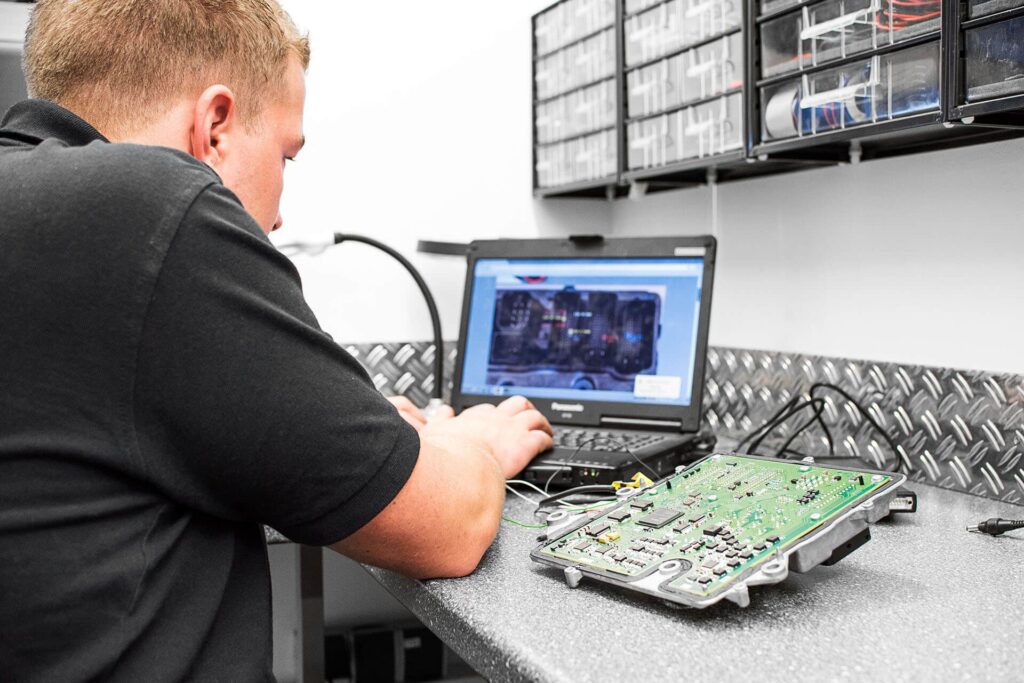
Conclusion
Chiptuning offers an exciting opportunity to transform your driving experience, delivering increased performance, improved fuel efficiency, and a more engaging ride. By fine-tuning your vehicle’s ECU, you can unlock its hidden potential and tailor its performance to your specific preferences and needs.
However, responsible tuning is key. Selecting a reputable tuner with the right expertise, understanding the potential risks, and prioritizing safety and reliability are essential steps to ensure a successful outcome. When approached thoughtfully, chiptuning is not just about more power—it’s about achieving the perfect harmony between performance, efficiency, and dependability.
Final Thoughts: Chiptuning can unlock your car’s hidden potential, but it’s crucial to approach the process with knowledge, caution, and a focus on finding the right balance between performance and safety. With the right preparation and a skilled tuner by your side, the road ahead becomes a more thrilling, efficient, and personalized journey.
